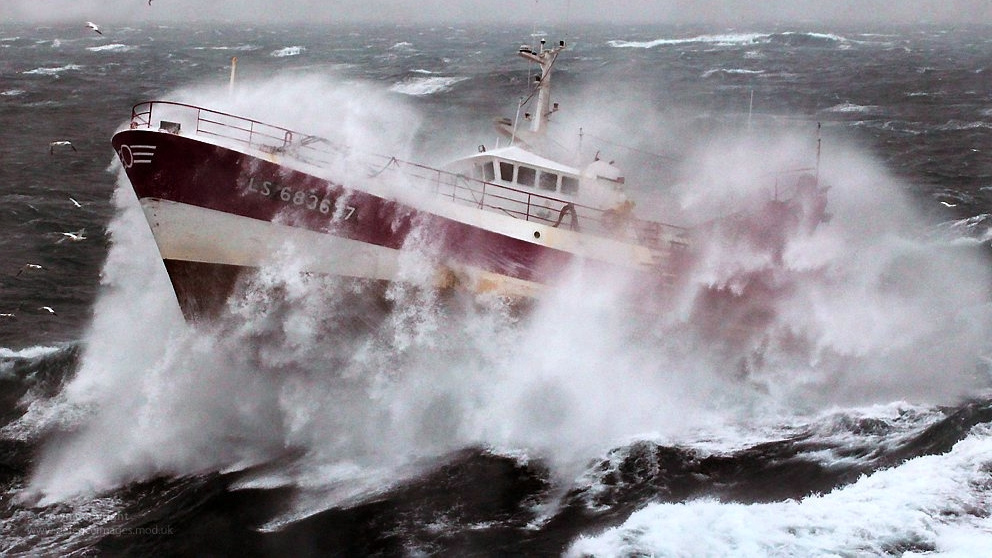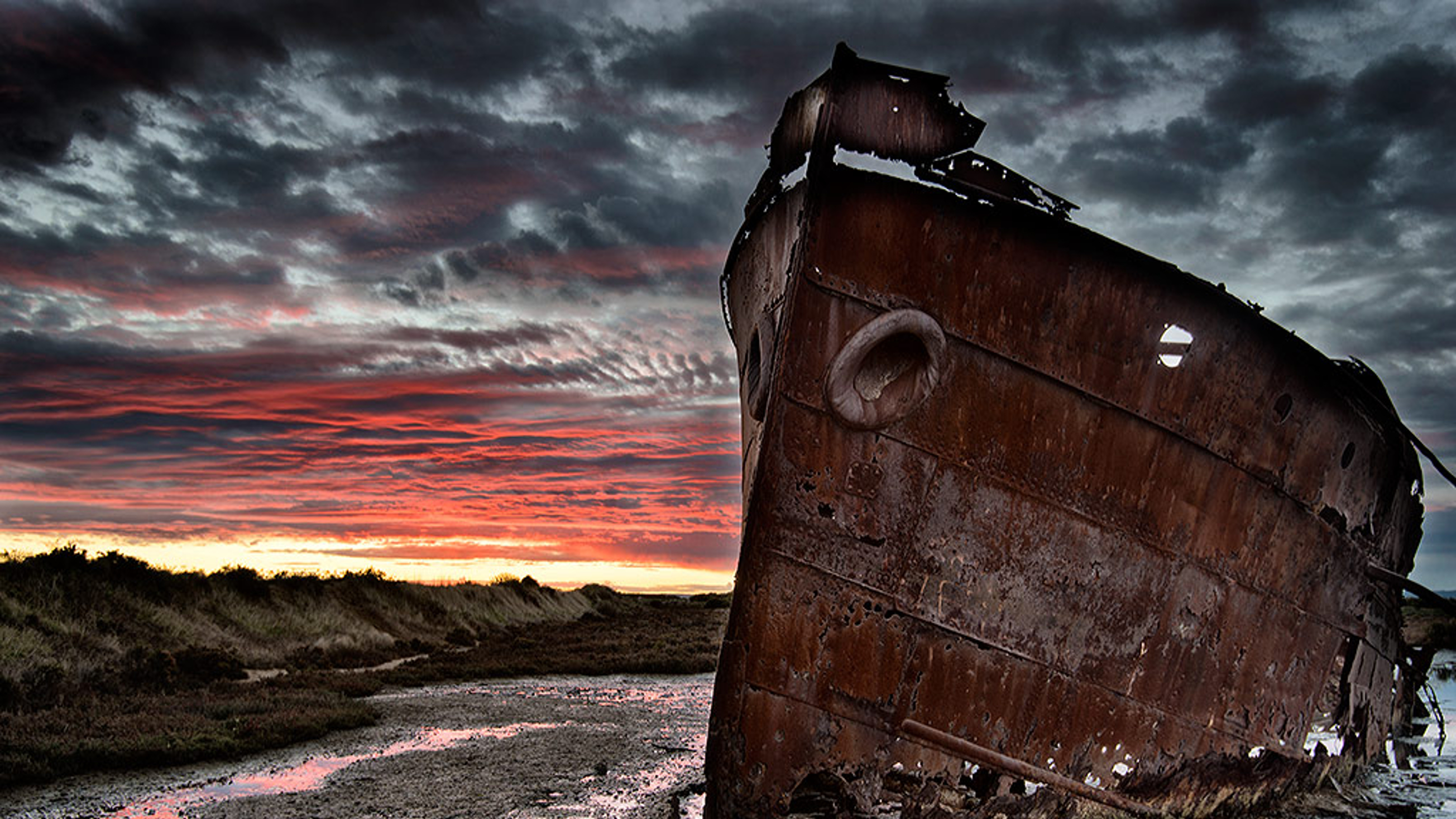Abstracts: A High Seas Treaty, Vaping Labs, and More
A roundup of science news from around the Web — and around the world.
• At first, type-2 diabetes mostly affected wealthy countries. Now, diabetes rates in poorer nations are climbing quickly, as global diets and lifestyles change. (Washington Post)

A French fishing vessel at sea. The UN is negotiating a high seas conservation treaty.
• A British nonprofit estimated the amount of money the oil industry spends to obstruct climate change policies at $115 million per year. (Bloomberg)
• The head of Google’s biotech startup awarded a major contract to a resort health clinic which he owns, raising “all kinds of red flags” of conflict of interest. (STAT)
• The FDA learned that some fat-burning supplements contain a stimulant banned by the World Anti-Doping Agency. (NPR)
• Swedish researchers are organizing a trial for a drug designed to discourage pedophilic behavior. They’re enlisting patients that have sought help for pedophilia rather than offenders. (Science)
• Cambodia plans to introduce wild tigers from other countries to its forests, where the species had nearly gone extinct. It would be the world’s first transnational tiger reintroduction effort. (AP)
• Self-regulation in the vaping industry has allowed for e-fluid manufacturing in filthy basement labs. (Motherboard)
• A district judge sentenced former Massey Energy CEO Don Blankenship to one year in prison for safety standard violations that led to a mine explosion which killed 29 people. (CS Monitor)
• Two-thirds of the oceans exist as the virtually lawless “high seas” areas without a country designated to guard endangered species. The United Nations began negotiating a new treaty to enforce conservation in international waters. (Nature)
• And finally: A team of scientists discovered the route through the Alps that Hannibal’s army took in 218 BCE by studying the microbial traces of animal dung in the mountain soil. (Popular Science)










